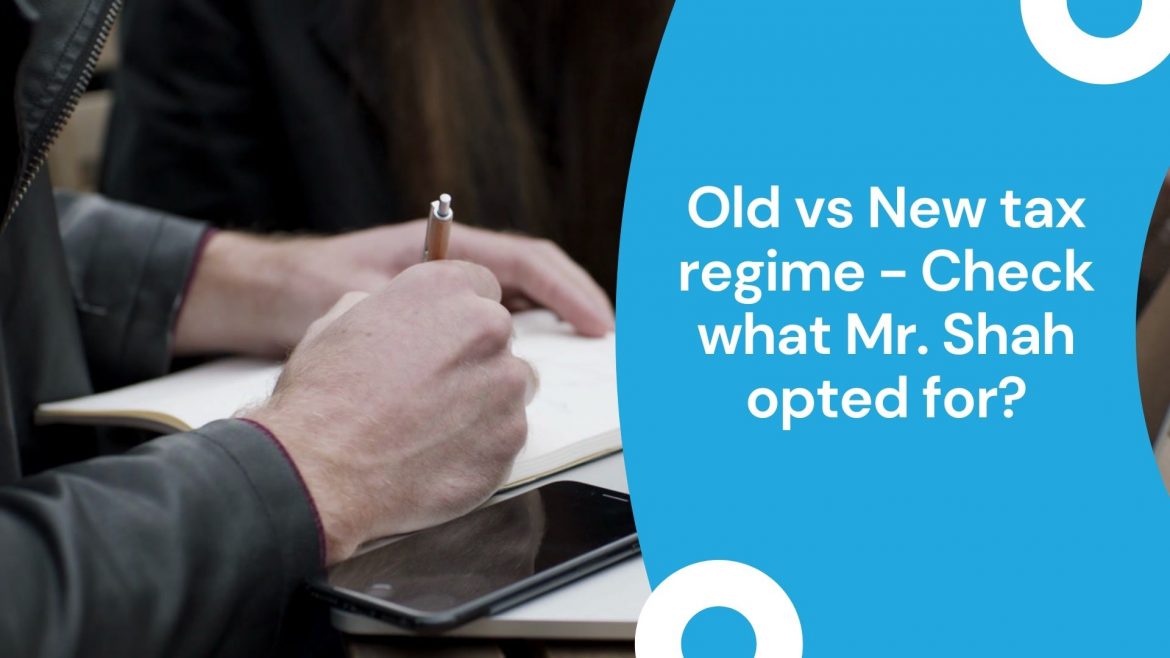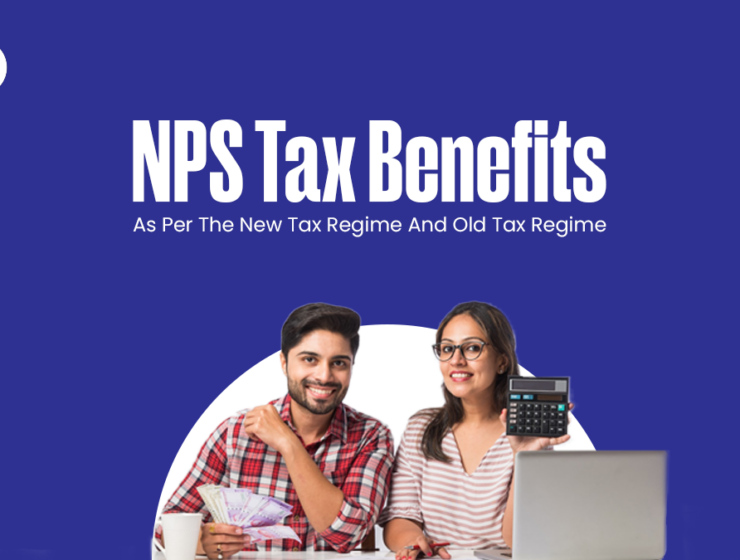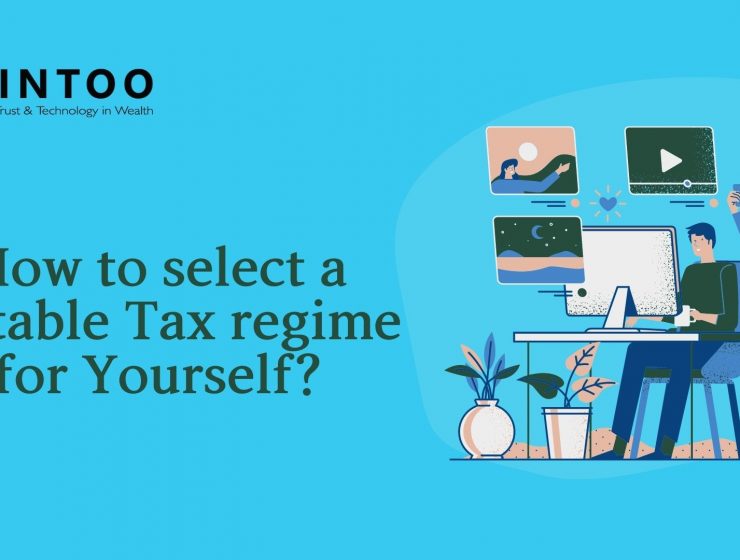

Benjamin Franklin once famously said, “In this world, nothing can be said to be certain except death and taxes”. We can’t beat death but we can definitely cope with taxes with the right advice.
Mr. Shah was seen worried for a few days. When asked, he said, “Taxes were a complicated issue even for Benjamin Franklin. Now we are having 2 versions of it. How to choose whether the old tax regime is better or the new one?”
I could not stop myself and asked if he would be willing to listen to how the better choice could be made between the Old Tax Regime or New Tax Regime. He obviously agreed and here is what we discussed. Hope it will help all.
Let’s understand what are old and new tax regimes
Old Tax Regime refers to the existing Income Tax Structure having tax slabs as below
| Income | Tax Rate |
| 0 – Rs.2,50,000/- | Nil |
| Rs.2,50,001 – Rs.5,00,000/- | 5% |
| Rs.5,00,001 – Rs.10,00,000/- | 20% |
| Above Rs.10,00,000/- | 30% |
This Old Tax Regime comes with deductions and exemptions like HRA exemption, deduction under chapter VI-A. This Old Tax regime helps the taxpayer to reduce the tax incidence if proper tax-saving investments are made.
New Tax Regime refers to new tax rates as given below.
| Income | Tax Rate |
| 0 – Rs. 2,50,000/- | Nil |
| Rs. 2,50,001 – Rs.5,00,000/- | 5% |
| Rs. 5,00,001 – Rs. 7,50,000/- | 10% |
| Rs. 7,50,001 – Rs.10,00,000/- | 15% |
| Rs. 10,00,001 – Rs.12,50,000/- | 20% |
| Rs. 12,50,001 – Rs.15,00,000/- | 25% |
| Above Rs.15,00,000/- | 30% |
New Tax Regime does not come with exemptions and deductions due to lower tax rates. This tax regime is specifically suitable for those who have lesser disposable income for making the tax-saving instruments.
Let’s take an example for the better understanding:
Let’s assume that Mr. Shah has income from a salary of Rs. 10,00,000/-. He has invested Rs.100000/- in LIC and PPF. He has some tax-saving ELSS fund units in which he had invested Rs. 50000/-. He has a let-out house on which he pays interest on a housing loan of Rs.30000/-.
Let’s see how tax calculation takes place under the Old Tax Regime and New Tax Regime
| Particulars | Old Tax Regime | New Tax Regime |
| Gross Income From salary | 10,00,000 | 10,00,000 |
| Less : Standard Deduction | (50,000) | Nil |
| Income From salary | 9,50,000 | 10,00,000 |
| Income from House Property (interest on loan depicting the negative value since it is relating to let out property) | (30,000) | (30,000) |
| Gross Total Income | 9,20,000 | 9,70,000 |
| Deduction under section 80C | ||
| LIC and PPF | (1,00,000) | Nil |
| ELSS | (50,000) | Nil |
| Net Taxable Income | 7,70,000 | 9,70,000 |
| Income Tax thereon | 66,500 | 70,500 |
Analysis
- Tax incidence as per the old tax regime is lesser as compared to the new tax regime in the case of Mr. Shah
- However, if the investments are not made accordingly then the new tax regime would result in lesser tax incidence due to lower tax rates
- If the gross income of Mr. Shah is less than Rs.10 lakhs then the result would be the opposite since the effective tax rates in the new tax regime till the threshold of Rs.7.5 lakhs are 10%
- If the deduction limit gets exhausted for higher-income slabs then the comparison should be made between the old tax regime and the new tax regime.
Conclusion
It is not an easy answer for the Old or New Tax regime for any taxpayer. It is better to do the calculations under both regimes to understand which one is beneficial. Ideally, the Old regime works best for higher income brackets since tax can be reduced by resorting to deductions and exemptions. On the other hand, the new tax regime is beneficial where the taxpayer does not wish to make any tax-saving investments.
A financial planning platform where you can plan all your goals, cash flows, expenses management, etc., which provides you advisory on the go. Unbiased and with uttermost data security, create your Financial Planning without any cost on: http://bit.ly/Robo-Fintoo
Disclaimer: The views shared in blogs are based on personal opinion and does not endorse the company’s views. Investment is a subject matter of solicitation and one should consult a Financial Adviser before making any investment using the app. Making an investment using the app is the sole decision of the investor and the company or any of its communication cannot be held responsible for it.
Related Posts
Stay up-to-date with the latest information.


